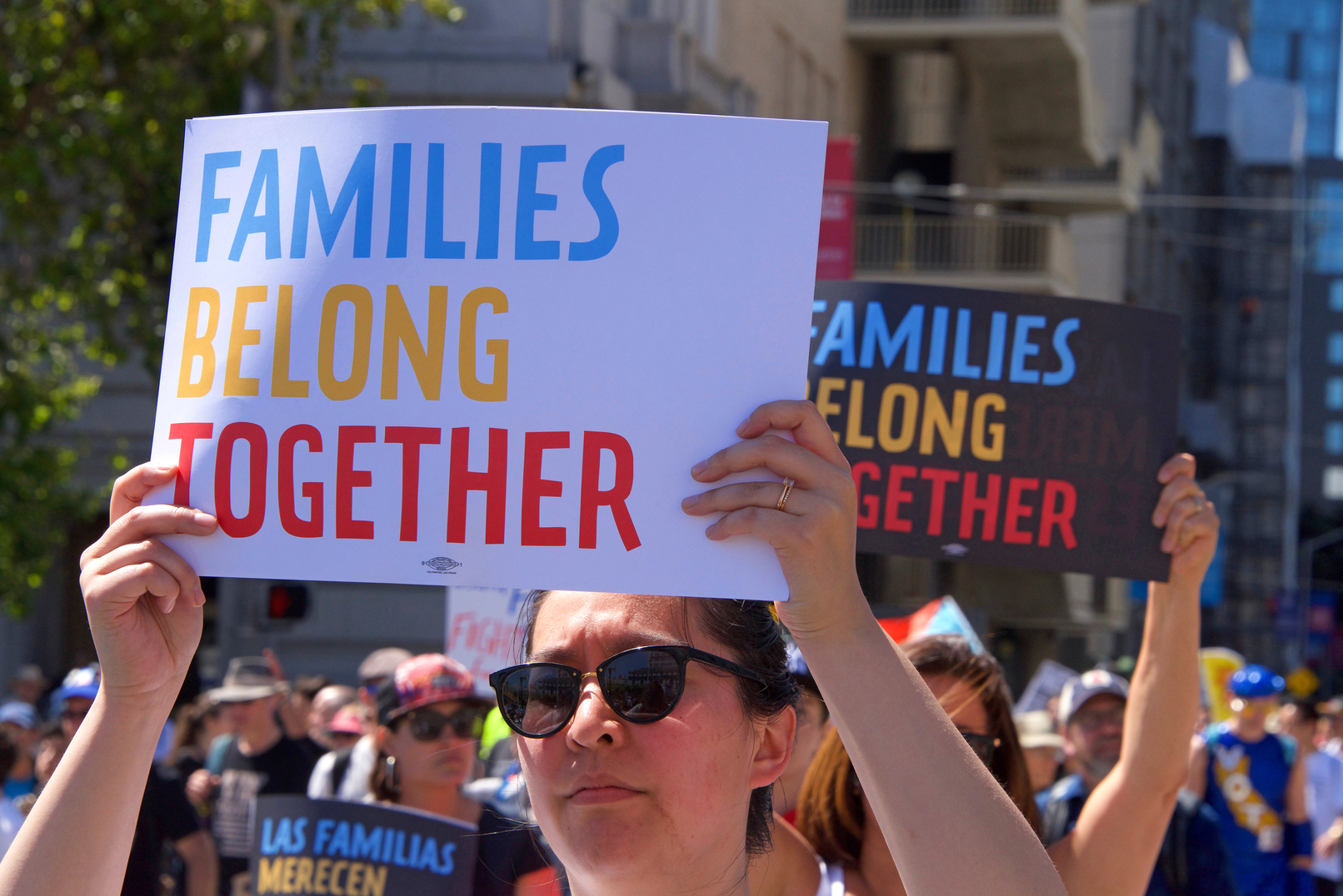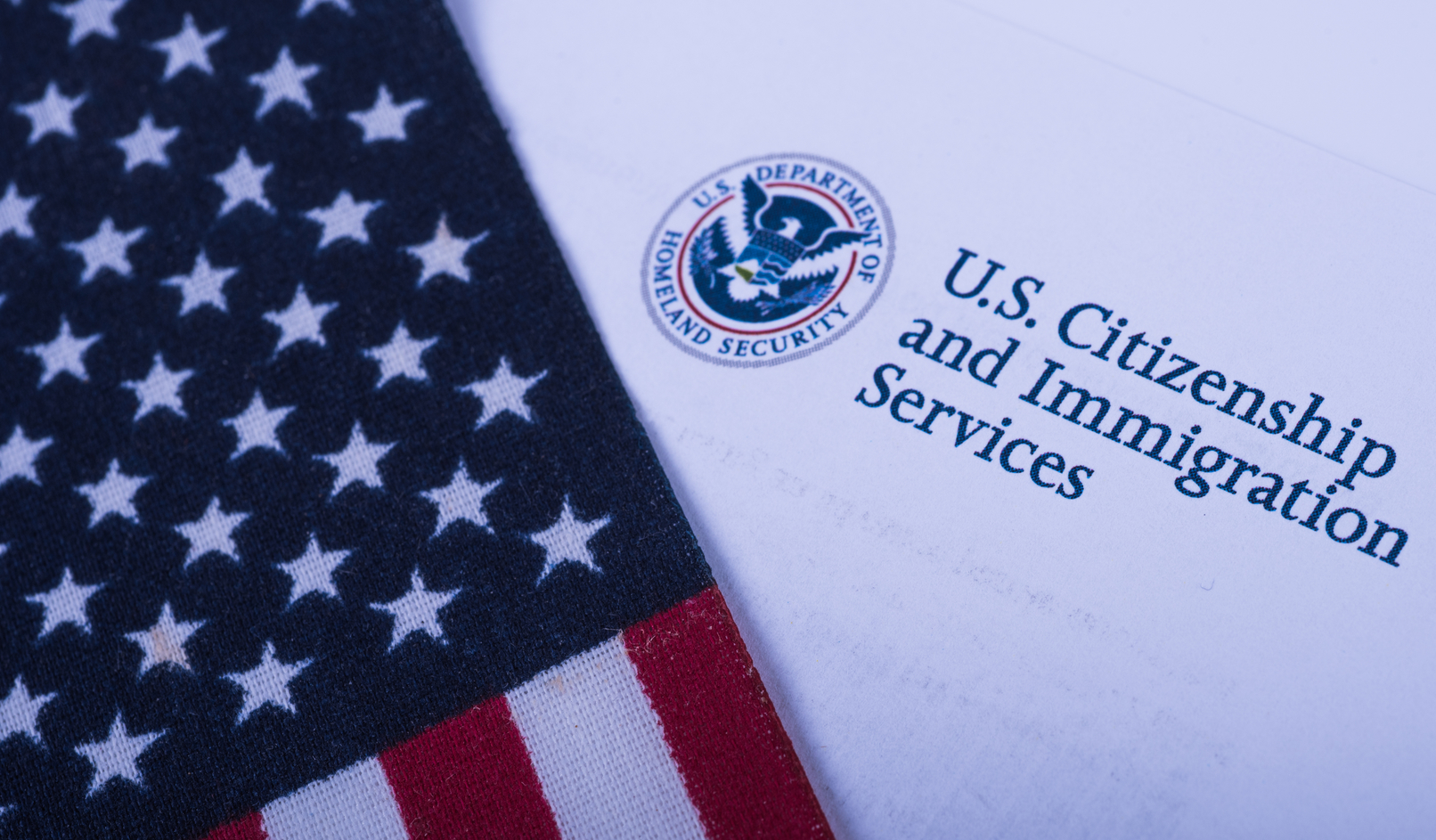Court papers filed late last week show that according to the government's most recent estimates, close to 500 children, including 22 under the age of 5, remain in US custody after being separated from their parents at the border earlier this year pursuant to the Trump administration's "zero-tolerance" policy. The greatest logistical challenge that government officials and immigrants' rights advocates have faced in reuniting many of these children with their families is that their parents were deported without them, and are now proving difficult if not impossible to locate.
The dispute between Catholic Social Services (CSS) and the city of Philadelphia over foster care will not be handled by the Supreme Court.
With the November elections looming, North Carolina may be required to reorganize its congressional districts. Three federal judges in the Fourth Circuit Court of Appeals ruled this week that the legislature had violated the Constitution by gerrymandering districts to favor Republicans over Democrats, as openly acknowledged by Republican state legislators. The judges…
A bill aimed to help employees who have experienced sexual harassment and discrimination on the job sue their employers in a court of law, rather than private arbitration, has been passed by the California Assembly.
Unions won a major victory against the Trump administration’s attempts to weaken protections that apply to many federal workers when Judge Ketanji Brown Jackson of the U.S. District Court for the District of Columnbia invalidated provisions in three executive orders Trump's administration issued back in May.
In 2014, Michael Jackson fan Vera Serova brought a class action lawsuit against Sony Music, the Jackson estate, and several songwriters/producers alleging that they created three fake songs recorded by a Michael Jackson impersonator to include on a 2010 posthumous album, Michael. The case moved forward last week in a court hearing about the songs in question: “Breaking News,” “Monster,” and “Keep Your Head Up.”
A federal judge in Seattle today issued a preliminary injunction on the Internet publication of 3D blueprints for printable guns. This injunction extends a temporary restraining order he issued July 31st.
Last week, Match Group and its parent company IAC were sued by current and former employees of Tinder, among whom are co-founders Sean Rad and Justin Mateen. The lawsuit includes allegations that the parent company withheld information about Tinder's potential growth to avoid paying billions of dollars to the start-up team.
In a federal court in Boston, US District Judge Mark Wolf has stated that immigrants with final orders of removal should not be deported just because they are in the process of applying for a green card. The judge indicated that he was not precluding ICE from effectuating removals, but said that the agency can only do so in these cases after considering that the individuals with deportation orders are also seeking "provisional waivers," which permit undocumented immigrants to pursue citizenship.
A lawsuit seeking class action status has recently been filed against Google after the tech company admitted to tracking the location history of even users who have turned off location services.










